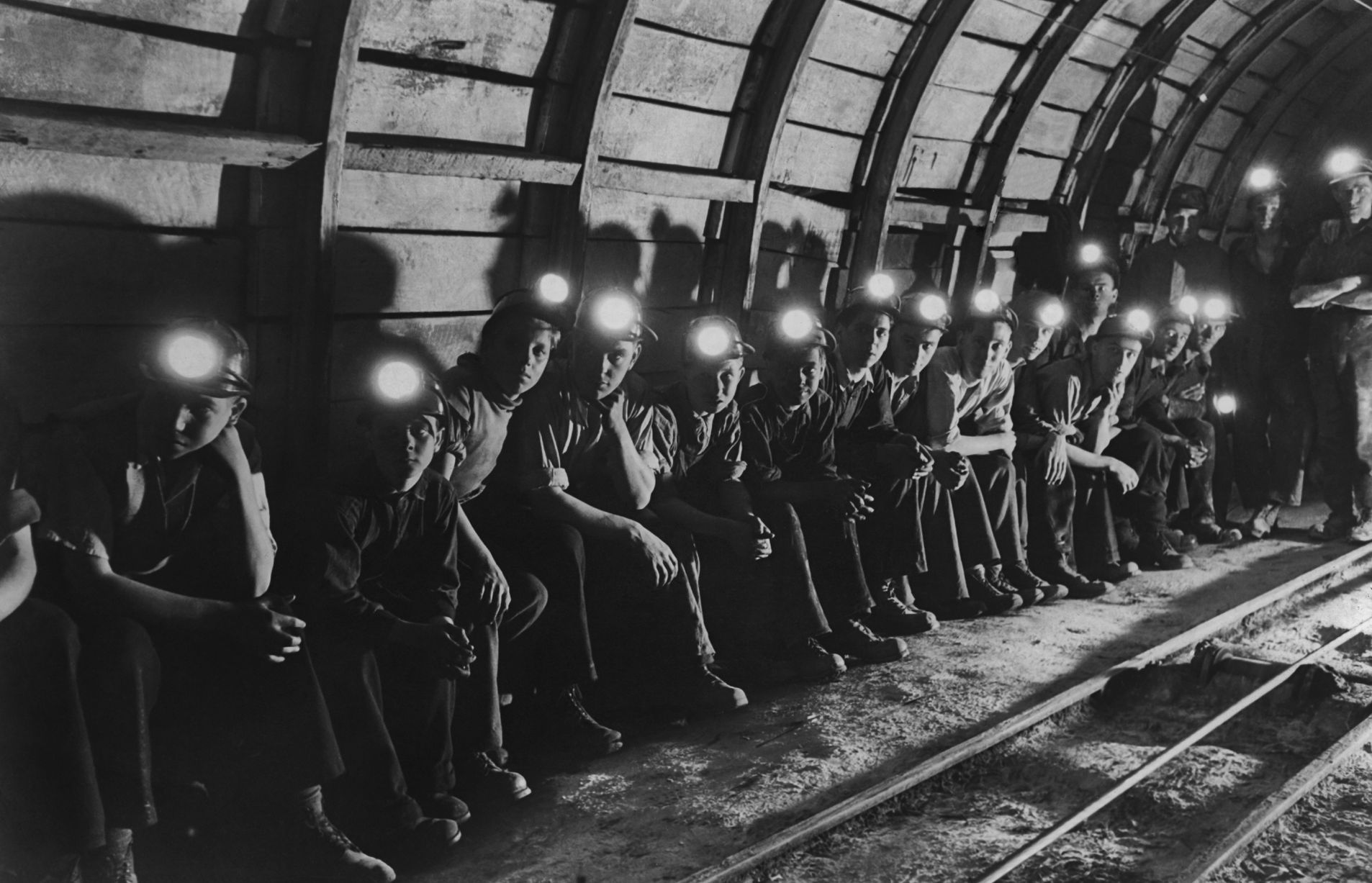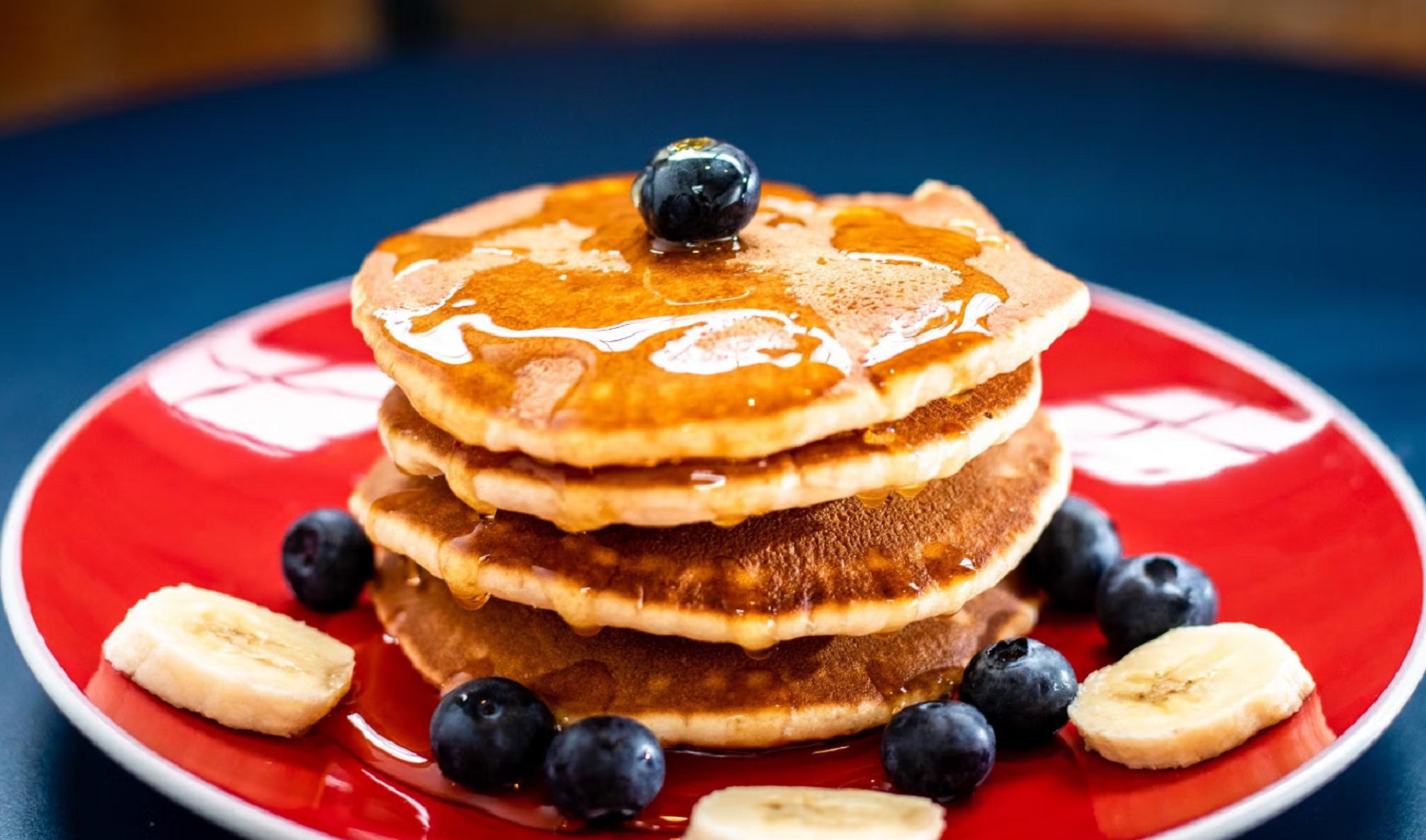Pancakes, defined as flat cakes, have been an integral part of human history for thousands of years. Recent studies suggest that early humans from the Stone Age actually cooked their food. Some 30,000 years ago, these people made flour out of ferns, likely combined it with water, and cooked it on hot rocks to make, you guessed it – our all-time favorite breakfast.
A Dive into Pancakes’ History
Today, pancakes remain one of the most popular (and the easiest) foods to cook. With hundreds of modern variations, flat cakes can be ideal for those on a diet. When in a hurry, the pancake is our quick and delicious solution for any time of the day! But where did this popular meal come from?
Early History of the Pancake

Some of the first written records of pancakes come from Ancient Rome and Ancient Greece. Cratinus, an Athenian poet, writes about flat cakes as “hot and emitting morning dew” around 500 B.C.E. Roughly 600 years later, a Greek physician includes a pancake recipe in his book. The flat cake described there is what people call griddle cakes nowadays. According to Galen, the physician in question, these treats were often served with honey.
In the East, Chinese excavations at the Subeixi Cemeteries have uncovered pancakes from millet. The site is in today’s autonomous northwest region of China called Xinjiang. According to experts, these flat cakes are relatively contemporary to Cratinus.
Nevertheless, experts believe some of the earliest pancakes might have been prepared much earlier, as early as the Stone Age. Still, a lot of research is yet to be done before we can determine for sure whether pancakes were popular among Stone Age people.
The Symbol of Working-Class Food

Pancakes don’t require many ingredients and are easy to prepare. Over the years, these qualities have made them the epitome of working-class food. As early as the 1750s, the dish was praised by author William Ellis in his book Country Housewife’s Family Companion. There, he describes flat cakes as the cheapest dish that’s perfect for any farmer’s family.
In Paris, pancakes called crepes got incredibly popular in the 1870s. Flour shortage led to many crepe makers turning the traditional flat bread into something new. To do it, they relied on food that was in abundance, namely – rice. By the way, rice crepes are also popular in Vietnam nowadays. Parisians were certainly creative, right?
Pancakes – the Symbol of Life

Many ancient cultures survived on flat cakes. To numerous individuals, it was a dietary staple, if not even a symbol of life. How about today? Presently, pancakes are celebrated in many cultures around the world. In Ethiopia and Eritrea, for example, the dish is always served at big celebrations like weddings, family gatherings, or birthday parties. The type of flat bread served there is called injera. It’s made of teff flour.
In India, another type of pancake is traditionally eaten at weddings. It’s called chilla and is traditionally served in North India. Chilla is prepared with gram flour based on chickpea.
